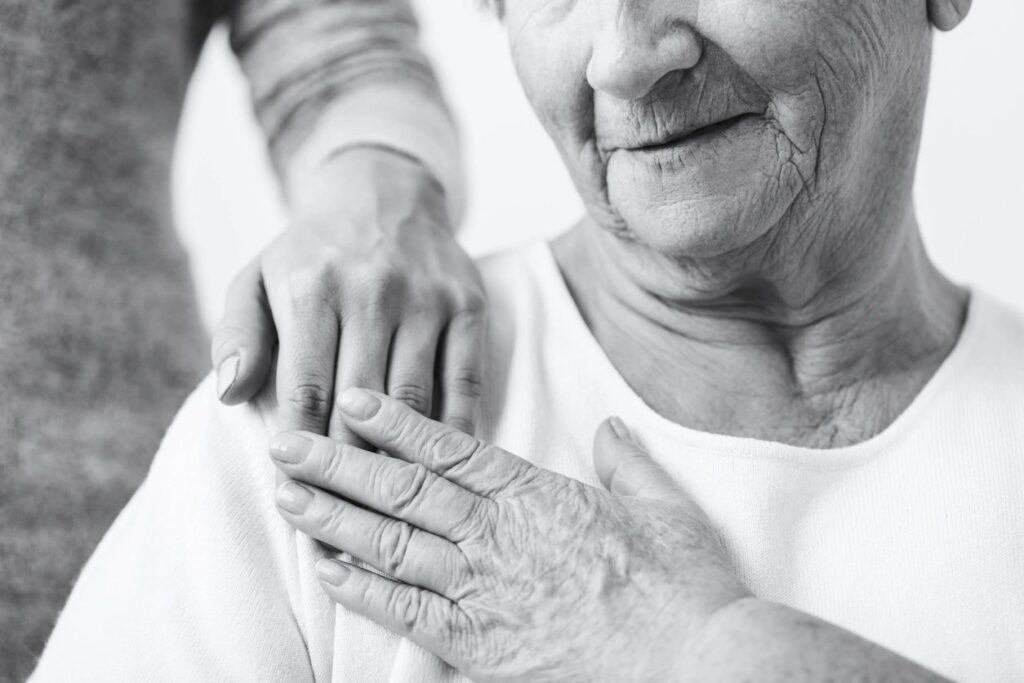Clinical Psychology
Spending Habits Can Reveal Personality Traits
Among the various types of data that are being collected about you while you browse the internet, you can bet that your spending habits are one of them. That raises the question of just how much someone knows about you when they have a record of your purchases. There are some obvious conclusions that can…
Read MoreWhat’s the Role of Politics in Therapy?
Therapy is a place where anything can come up. The old adage about discussing politics and religion doesn’t necessarily apply. To learn more about how political views fit into the therapeutic process, researchers from New York recently surveyed 268 therapists from around the United States. In case you’re wondering, there’s a good chance your therapist…
Read MoreMillennials Don’t Like Being Called Narcissists
Here’s a loaded question for you: how do you feel about being a narcissist? Like the classic example of “when did you stop beating your wife?”, this is a question without a good answer. And it’s more or less what researchers asked young adults in a study designed to test people’s perceptions of different generations’…
Read MoreWhat Do Loneliness and Living Alone Mean for Health Later in Life?
We all know what “loneliness” means, but defining it in a precise way gets a little tricky. For starters, being lonely isn’t exactly the same as being alone. And loneliness isn’t quite the same as social isolation either. When you get down to it, loneliness is about how you feel. Psychologists talk about two kinds…
Read MoreA Psychological Profile of the “Class Clown”
When you were in middle school, you could probably name without having to think who the “class clown” was. If you’re a middle school teacher, bless your heart, you can probably do the same. It’s not hard to know who the class clown is, since they’re generally happy to draw attention to themselves. But figuring…
Read More6 Types of Shoplifters
Shoplifting is a behavior that, besides being ethically questionable, doesn’t seem like a very good risk-reward trade-off. Naturally, when psychologists see people engaged in that kind of activity, they ask: why? As it turns out, not everyone who shoplifts does so for the same reasons. A new study from researchers at University of Texas and…
Read MoreWhen Does Hoarding Start?
Hoarding disorder is a condition in which people compulsively acquire possessions that they then find themselves unable to discard. Hoarding can harm people’s health, their relationship with others, and their everyday functioning, and it often goes hand-in-hand with other mental health conditions like depression. Hoarding is a condition that effects people in the long-term, but…
Read MoreAre People With Social Anxiety Afraid of Positive Feedback?
The way we typically think about it, social anxiety involves a fear of being evaluated negatively by other people. Which is true. But an interesting line of research suggests that people with social anxiety might also fear being evaluated positively by other people. In a recent experiment, researchers had people with and without social anxiety…
Read MoreTeens With Anxiety Disorders Tell Their Life Stories Differently
Our mental health is often tied up in how we see the relationship between the past, present and future. For that reason, how we tell our life stories can say something about our psychological state. A couple years ago, for example, I wrote about how people who draw more connections between different phases of their…
Read MoreAbsolutist Language Can Predict Anxiety, Depression and Suicidal Ideation
The internet has given psychologists new opportunities to study subtle differences in the way people use language, and whether those differences can predict which people are most at risk for mental health conditions. Last year, for example, researchers found that the language in people’s Facebook posts could predict their depression risk. In that study, language…
Read More









